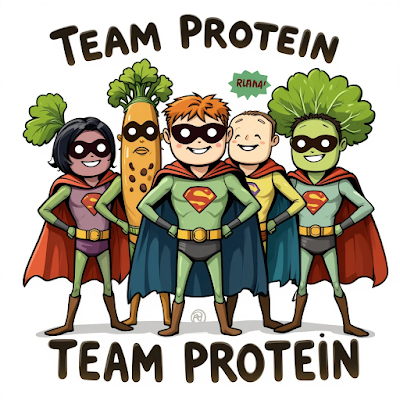Every May, we observe Mental Health Awareness Month—a time to talk more openly about mental
well-being, reduce stigma, and remind each other that help is always within reach. But this month is about more than just awareness—it's about action, understanding, and community support.
Why Mental Health Awareness Is Important
Mental health influences everything: how we think, feel, connect, and function. Just like physical health, our minds need care too. And yet, so many people struggle silently because of fear, stigma, or lack of access to help.
By raising awareness, we help create a culture where it’s okay to talk about mental health—and to seek support when it’s needed.
Common Mental Health Challenges
Mental health issues show up in many ways—anxiety, depression, burnout, trauma, or even just the stress of daily life. Some people may look like they’re doing fine on the outside, but internally, they’re battling something difficult.













